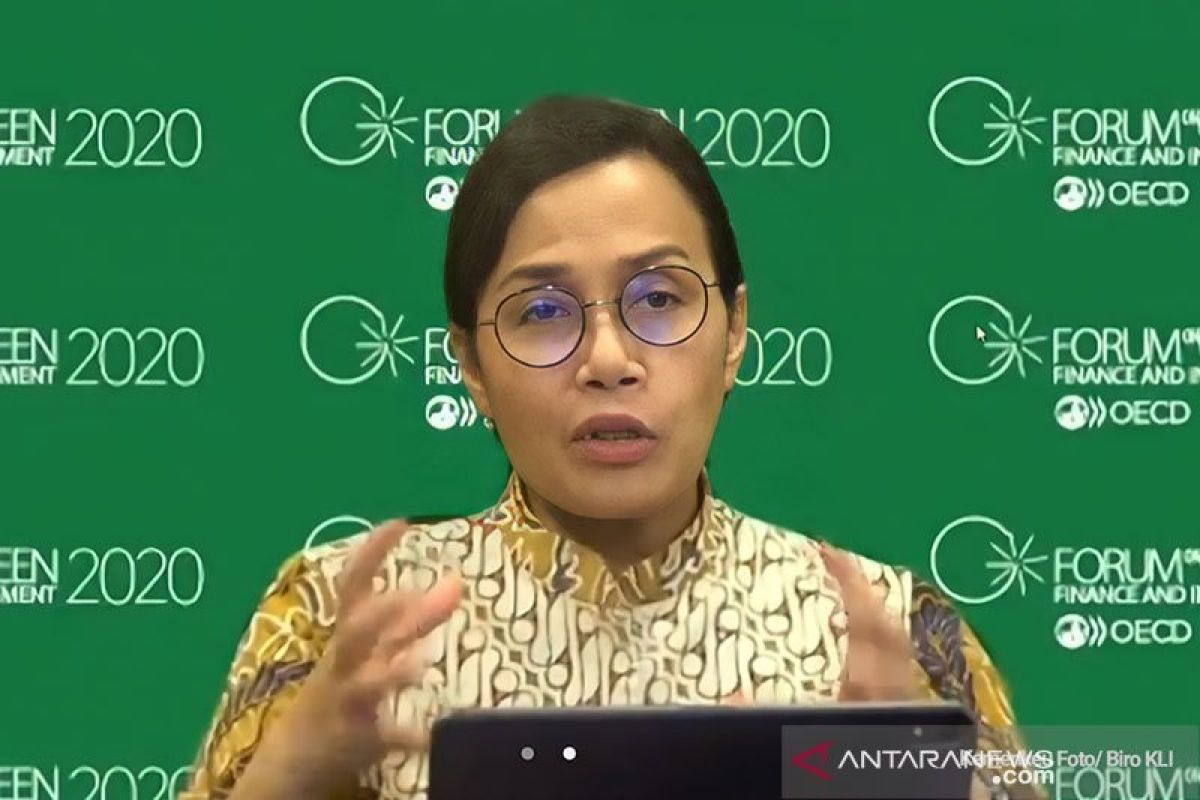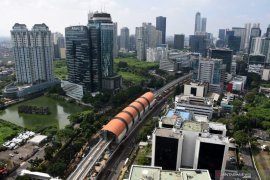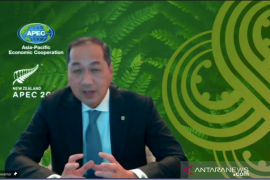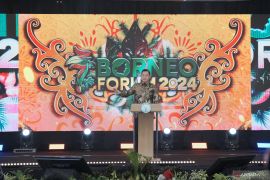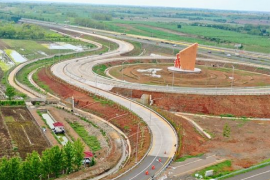Jakarta (ANTARA) - Green recovery will bolster environment-based global economic transformation, particularly during the COVID-19 pandemic, according to Finance Minister Sri Mulyani Indrawati.
"Indonesia will stay committed to reducing carbon emissions in addition to realizing a climate-resilient country," the minister noted in a statement here on Friday.
Indrawati highlighted that a sustainable green economy was crucial and beneficial to support better economic growth in future.
In fact, long before the COVID-19 outbreak struck, Indonesia had laid the foundation for a green economy and prepared several strategic policies to support it, the minister pointed out.
The 2020-2024 National Medium-Term Development Plan (RPJMN) has incorporated climate change into the mainstream of Indonesia's broader Low Carbon Development (LCDI) strategy.
In the meantime, the government has issued Sovereign Global Green Sukuk, totaling US$2.75 billion, annually since 2018 to support financing.
Proceeds from the issuance are allocated to finance sustainable transportation, flood mitigation in highly vulnerable areas, access to energy from renewable sources, waste management, and energy efficiency projects.
"These projects are expected to reduce around 8.9 million tons of CO2 emissions," she affirmed.
Moreover, the government had issued the world's first Green Sukuk Retail in 2019, with a total investment of some US$100 million.
The government has also allocated US$47.9 billion to provide a special fiscal stimulus to overcome the impact of the pandemic, with 29 percent of it set aside for social protection while some 42 percent of it are for tax incentives, credit and stimulus for small and medium enterprises as well as state-owned enterprises and corporations.
The stimulus includes funding for labor-intensive green projects, such as the mangrove restoration project, spanning an area of 15 thousand hectares and employing around 25 thousand people in coastal areas.
Indonesia has offered funds since it needs at least US$247.2 billion, or some US$9 billion yearly, to achieve the nationally determined contribution (NDC) target by 2030.
During the period from 2016 to 2020, Indonesia successfully funded some 34 percent of the national climate financing requirements each year.
On the other hand, Indonesia still requires financing from the private sector in order to overcome the financing gap of 66 percent of the total required funds.
However, the minister stated that the private sector continued to face various obstacles, including regulations and underdeveloped financial markets.
In responding to challenges of the private sector, the government finally offers facilities in the form of a regulatory and policy framework that is advantageous to them.
The Indonesian government provides varied fiscal incentives to scale up low-carbon development, including geothermal funding, to address the financial risks resulting from exploration.
"Presidential Regulation on Carbon Pricing and Renewable Energy Plant Purchase Prices is in the process of being drafted," she stated.
In addition, Indonesia has established a sustainable finance roadmap that requires financial institutions to increase their portfolios on green projects.
Related news: Ministry mulls fiscal incentives to promote green industry
Related news: Post-COVID-19 recovery must pave way to sustainable world


